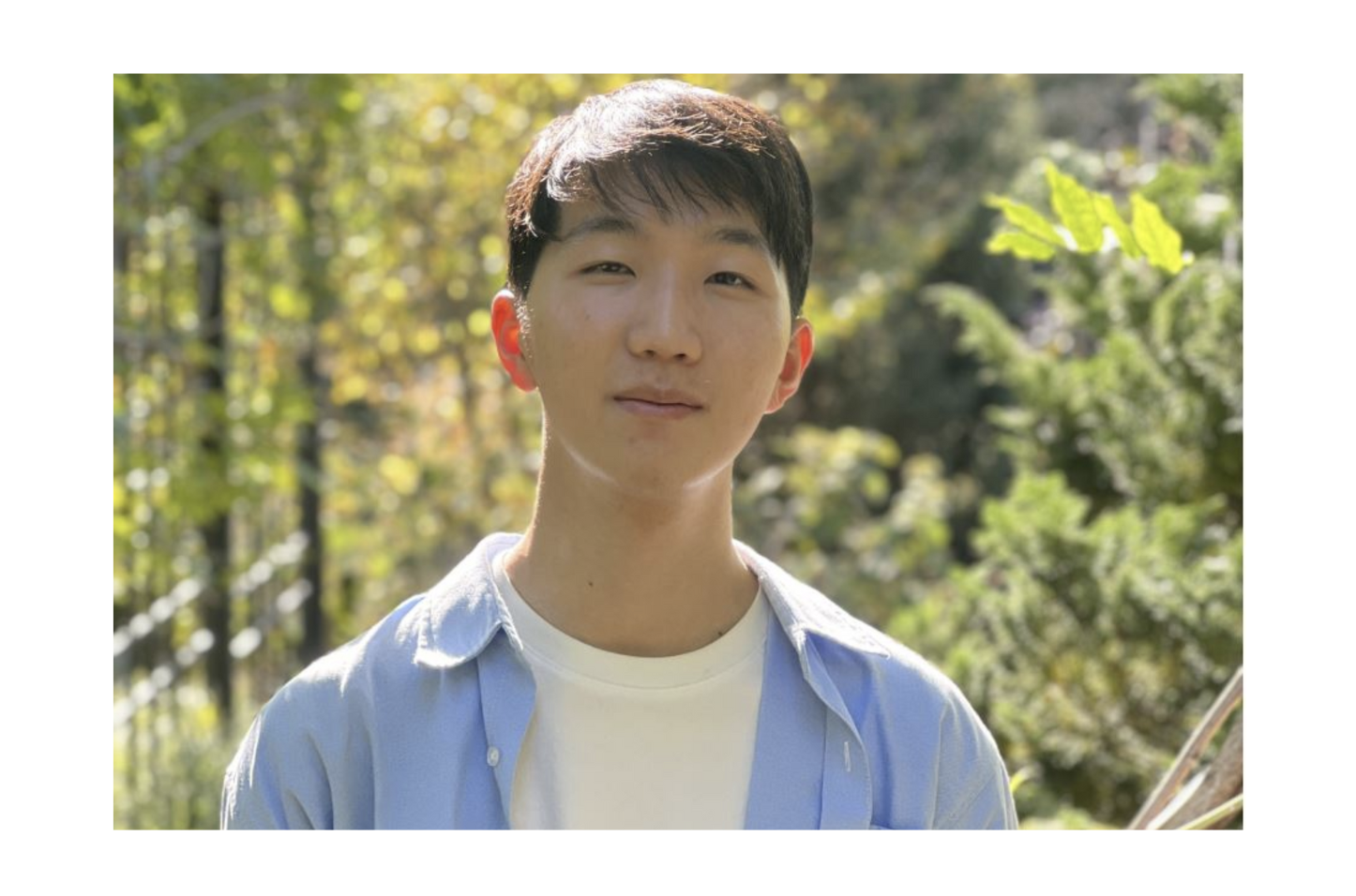
Seyoon Chun ('26), a History major, conducted public health research under the mentorship of Dr. Andy Tan (Department of Communication) on how tobacco companies target members of the LGBT community. This research was supported by the Penn Undergraduate Research Mentoring Program (PURM).
My PURM project combined public health research and the LGBT community, both extremely relevant and personal fields to me. So the second I saw it from the list of projects, I knew I had to apply. With tobacco companies targeting queer populations in recent years, little research has been done on how effective their messages are and how the queer community interprets them. I wanted to investigate the current state of NIH-funded research and gaps in literature for these vulnerable groups.
Being a history major, research options can be very independent in nature and tend to be quite isolating. But through PURM, I discovered how essential communication can be to the functioning of a study, with every single member taking on specific tasks and responsibilities to allow other members to do the same. In essence, researchers rely on each other and the interactions I had were never “You need to get this done this way” but rather, “How can we support you so you can get your tasks done this week?” That open communication was a breath of fresh air and has informed how I conduct my research with other students outside of Annenberg.
I enjoyed learning about the varied backgrounds of my lab members and how they came to be interested in this field of research. I also realized how tangible the effects of public health research are in the communities you study; being able to interview real participants built upon my oral history skills and allowed the research to take on a new shape. The importance of grounding the statistics you analyze in real people has led me to realize that research exists for the community. It’s to be shared and implemented in everyday interactions with the people around you.
More practically speaking, reading over 1,000 journal articles over the course of 10 weeks was a daunting task. With the help of my graduate student mentors, I learned how to read academic papers more efficiently by first reading the abstracts to identify which papers would be most useful to prioritize. I also utilized the search function of PubMed, Articles+, and Google Scholars using techniques that I learned from the librarians to help refine the list of papers I was compiling. While it may seem obvious, looking through the bibliography of papers I found interesting was also a great way to find even more fascinating, relevant papers. These skills are simple, but fundamental to conducting any literature review for any subject.
Interested in reading more first-hand accounts about undergraduate research? Check out the other experiences featured on our Student News Page and Social Media!